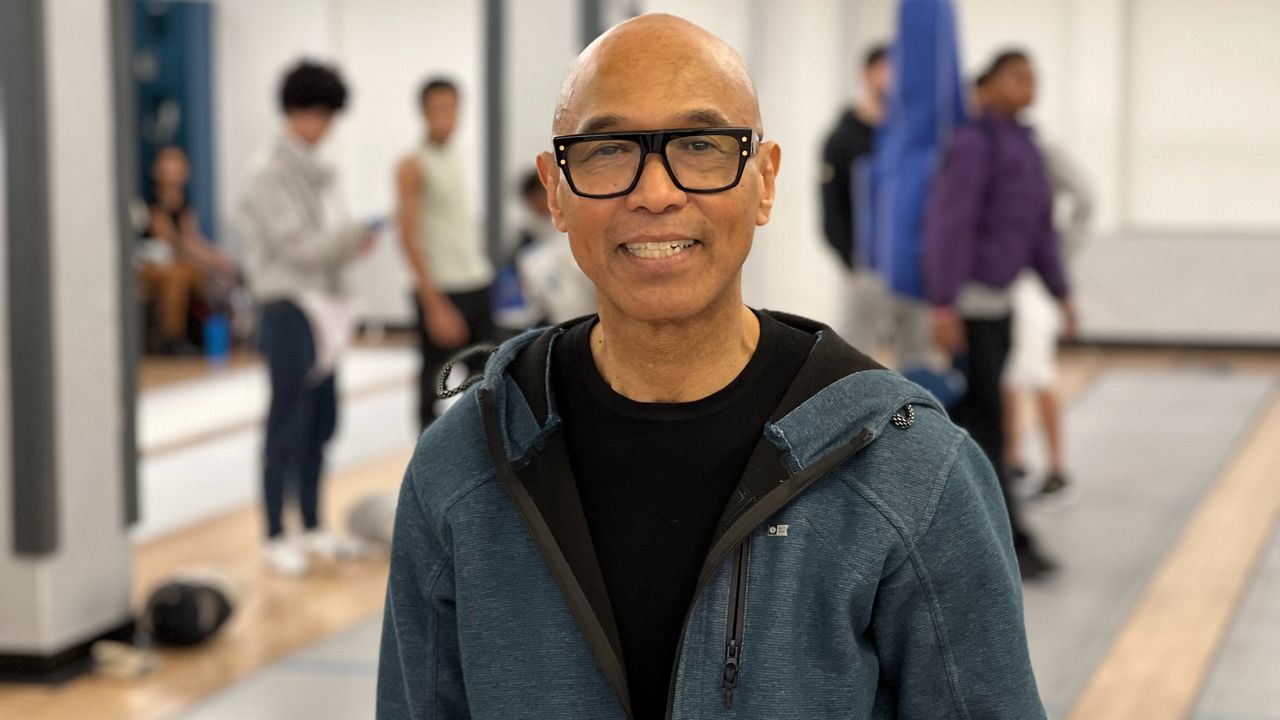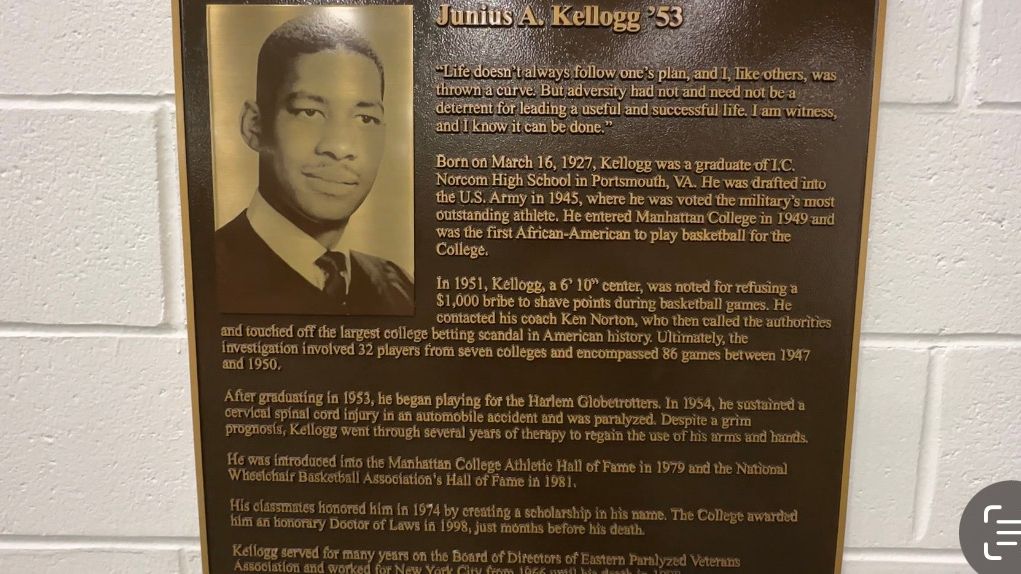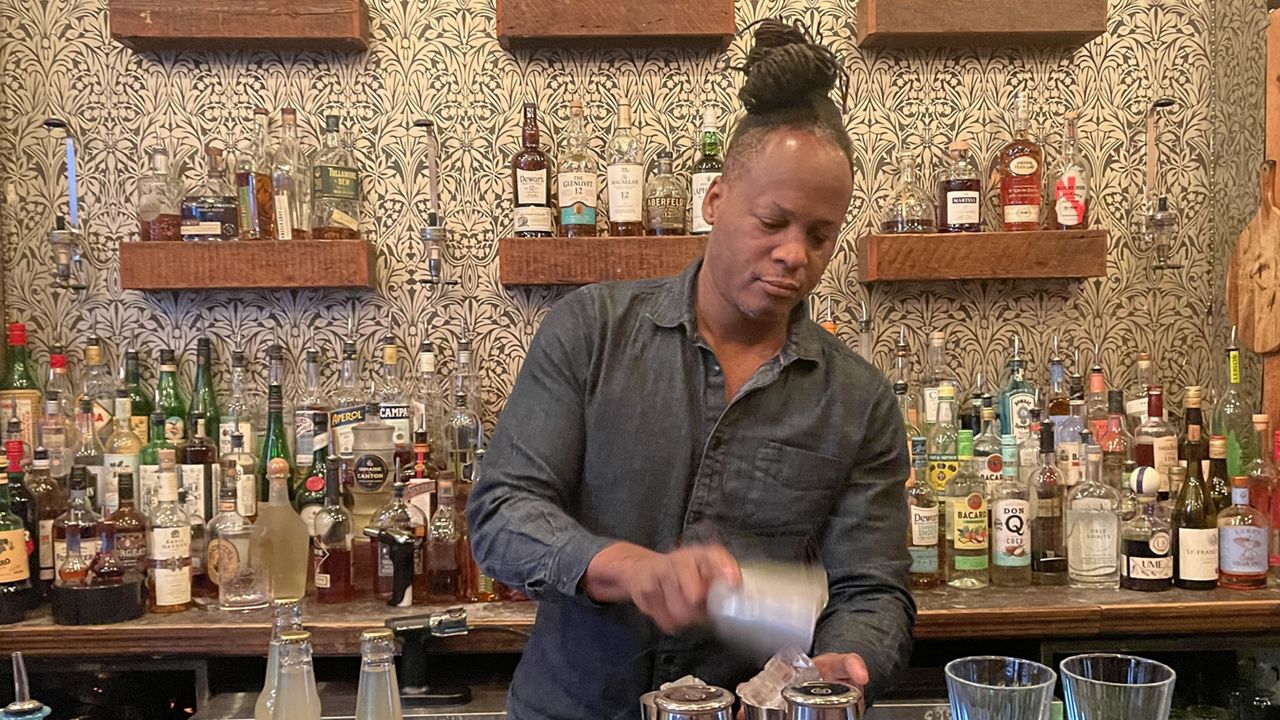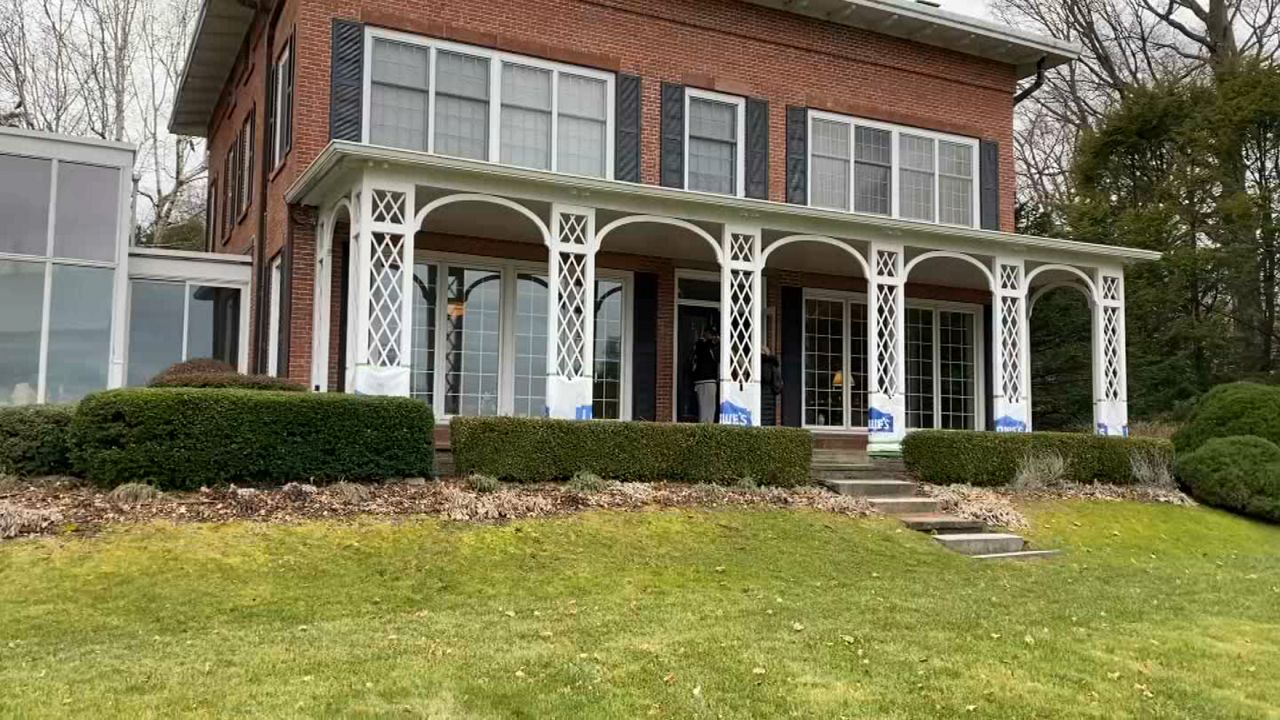Wendy McClinton still remembers her surprise hearing she'd been accepted into the U.S. Army back in 1986. These days, she leads Black Veterans for Social Justice, making sure other discharged vets don’t struggle in civilian life the way she did.
“They said you’ll be able to get housing, you’ll be able to get medical benefits [and] you’ll be able to get unemployment. The only thing that I could access was unemployment,” she recalled, detailing the assurances she says she received from the military’s transition services.
After ten years in the Army as an administrative specialist, she was discharged and returned to Brooklyn as a single mother with three young boys. But, she says when transition services didn’t come through, she was suddenly homeless and bouncing from shelter-to-shelter until she came across a flier.
“It said, ‘Are you a veteran?' Are you homeless? Do you need a job? We can help you’ and it said ‘Black Veterans for Social Justice,’” she said.
There, she found a job answering phones and then housing through the help of a community of veterans that supported her when she needed it most.
“They had the sisterhood, the brotherhood, and they would help me with the boys, and take them to different car shows and stuff like that so I could have a minute,” she added.
Now, she pays it forward to others as the organization’s president and CEO, and as the historian for the Brooklyn Chapter of the National Association of Black Military Women, a demographic that has grown at a faster rate than other minority groups in recent decades. According to defense department statistics, 25.7% of women currently serving in the military are Black.
“We have some amazing women through the organization, but my heart belongs to Brooklyn and we have some superstars there,” Deidre Darden said, president of NABMW’s Brooklyn Chapter.
Last month, Darden led an officer installation ceremony to honor female veterans that find ways to continue to serve, nurturing a community that has proved to be a lifeline for members like McClinton.
“You don’t ever want to see anybody feel or think that they’re left behind and that’s one of the mottos of the military,” McClinton said.










